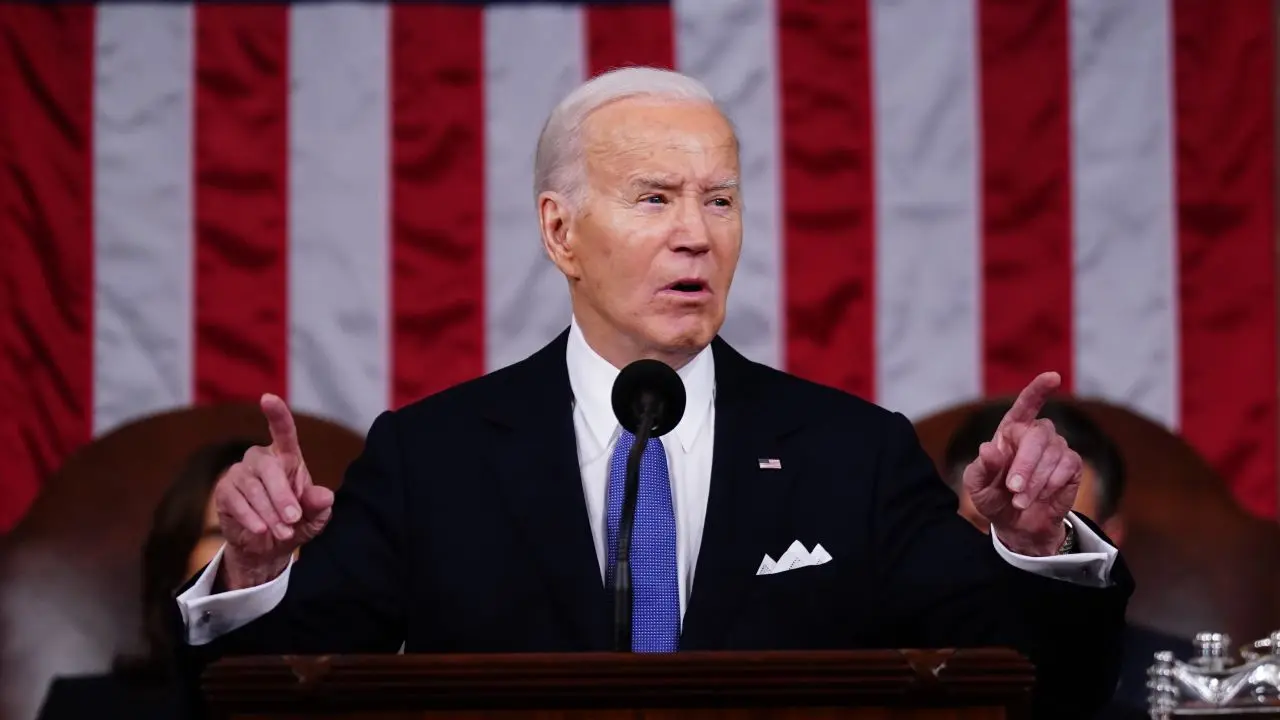President Biden has unveiled a bold $7.3 trillion budget proposal for the upcoming fiscal year, aimed at addressing key issues such as raising taxes on wealthy individuals and large corporations, reducing the deficit, and tackling the high costs of prescription drugs, child care, and housing.
However, the proposal faces an uphill battle in Congress, with Republicans criticizing it as reckless spending. Despite this, it is expected to play a central role in Biden’s re-election campaign as he seeks to differentiate his economic policies from those of his potential opponent, Donald Trump.
Key highlights of the budget include measures to cut the deficit by $3 trillion over the next decade and raise taxes by a net total of $4.9 trillion. Additionally, Biden proposes increased spending on military programs, reflecting ongoing global conflicts such as Russia’s aggression in Ukraine and Israel’s conflict in Gaza.
While the budget serves as a starting point for discussions with Congress, its passage is uncertain given the current political divide. Moreover, much of the federal government’s spending is already predetermined by previous legislation and obligations to creditors.
Biden’s budget also includes plans to stabilize programs like Social Security and Medicare, although specific details are lacking. The proposal aims to lower costs for families through various measures, including tax cuts for middle and low-income Americans, subsidized child care, and affordable housing initiatives.
On the tax front, Biden proposes to raise taxes on corporations and high-income individuals, while also introducing minimum taxes on unrealized capital gains for the wealthiest Americans. These measures, along with others, would increase federal revenue as a share of the economy.
Other key aspects of the budget include funding for immigration and emergency aid for Ukraine, as well as Pentagon spending priorities, focused on modernizing the military and improving readiness.
Overall, Biden’s budget reflects his administration’s priorities and sets the stage for debates with Congress over the nation’s fiscal future. However, its fate remains uncertain in the current political landscape.



















+ There are no comments
Add yours